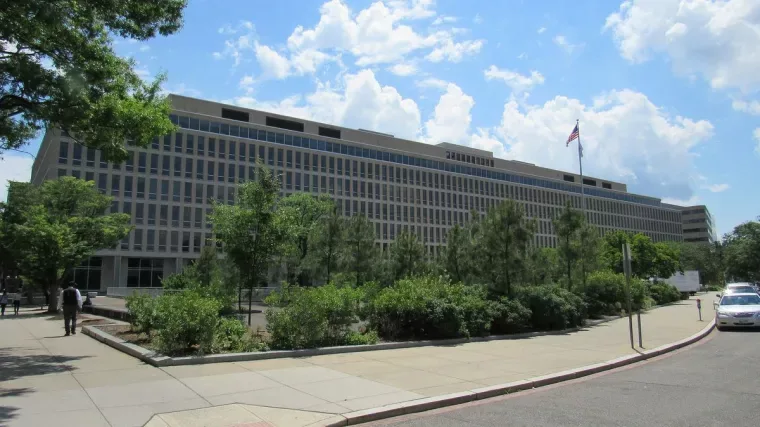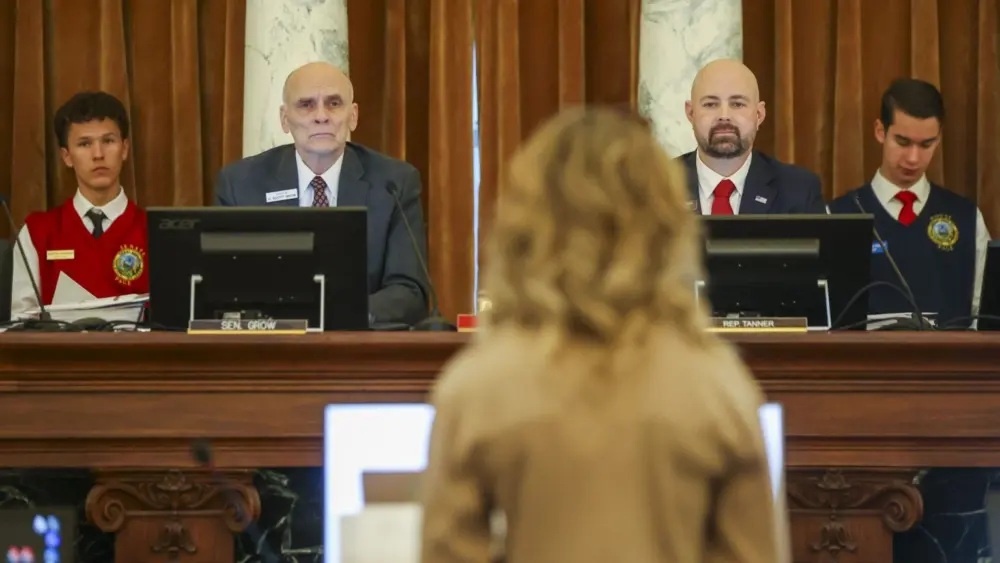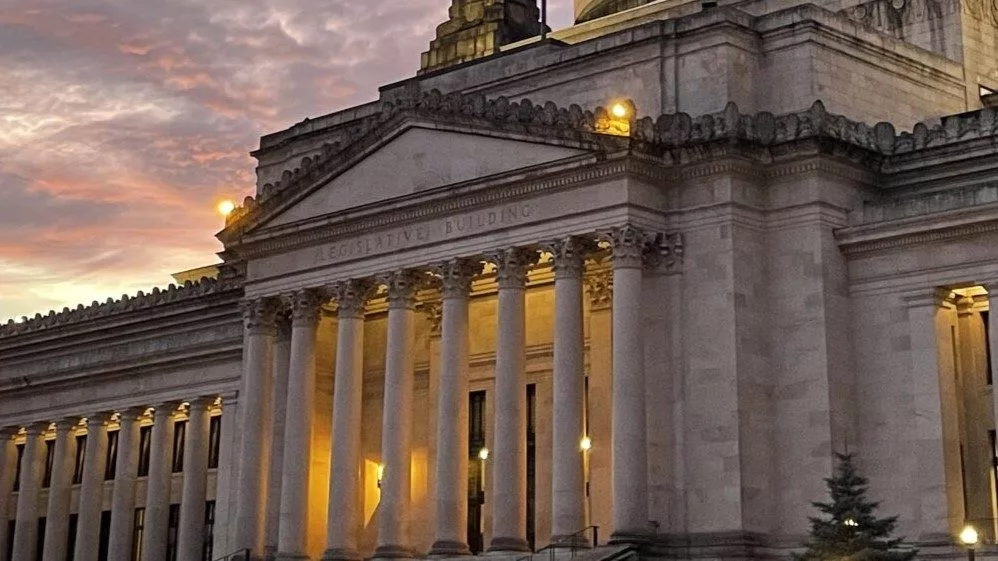SEATTLE, WA – A federal judge has blocked the U.S. Department of Education from cutting certain K-12 mental health program funds after a coalition of 16 state attorneys general, led by Washington Attorney General Nick Brown, filed a lawsuit challenging the reductions.
U.S. District Court Judge Kymberly Evanson issued a preliminary injunction Monday, finding that the department appeared to act in an “arbitrary and capricious” manner in violation of the Administrative Procedure Act. The injunction applies to grantees who submitted declarations to the court describing how they would be harmed by the cuts.
The federal funding at issue comes from a bipartisan act of Congress that appropriated $1 billion for mental health supports in schools following the 2022 mass shooting in Uvalde, Texas, which killed 19 students and two teachers. In its first year, the funding helped grantees serve nearly 775,000 students and hire almost 1,300 school mental health professionals, according to the National Association of School Psychologists. NASP reported that the programs contributed to a 50% reduction in suicide risk at high-need schools, fewer behavioral issues, decreased absenteeism, and improved student-staff engagement.
On April 29, the Department of Education sent notices to grantees stating that their grants conflicted with the administration’s priorities and funding would be discontinued. The preliminary injunction blocks these cuts from taking effect in three educational service districts in Washington and at the University of Washington.
“It’s a relief to students and their families that a large number of these programs are shielded for now,” Brown said. “We’ll continue this fight in court until the administration agrees to follow the law and the will of Congress in supporting the mental health of young Americans.”
The lawsuit was filed in U.S. District Court for the Western District of Washington and claims the department’s actions violated both the Administrative Procedure Act and the U.S. Constitution.
In addition to Washington, attorneys general from California, Colorado, Connecticut, Delaware, Illinois, Maine, Maryland, Massachusetts, Michigan, New Mexico, New York, Nevada, Oregon, Rhode Island, and Wisconsin joined the legal challenge.





